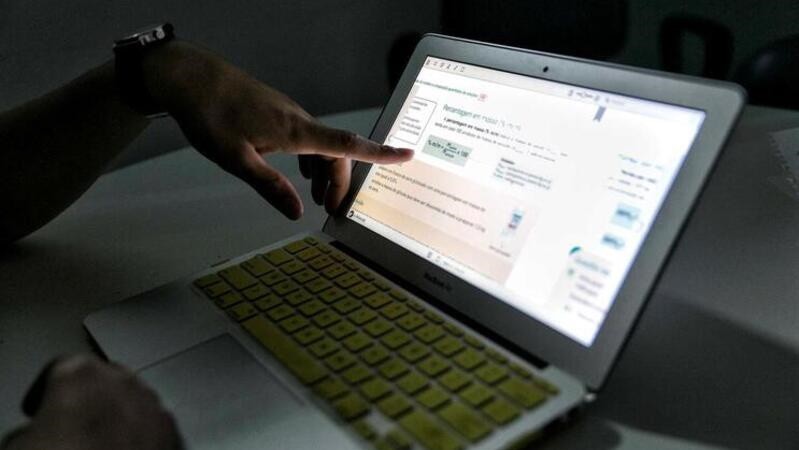With much of the assessment being carried out remotely, lately, some study centers and instructors have received proposals from students who are willing to pay large sums for a teacher to take the exam for them. FAP says it does not know cases and recalls that institutions work to avoid these risks.
In an atypical year in education in Portugal, only students in secondary and higher education have not escaped the exams they are usually subjected to. However, for university students, the model chosen and viable for most tests (which are not national, unlike secondary education and are defined by each institution) was online. A model that facilitated the opportunity for several students to ask and even pay for an external teacher to answer the questions instead. The phenomenon is denounced by some explanatory centers, which say they have received several proposals in this regard in recent months.
As of May, at the same time that the institutions began to slowly return to the pace of face-to-face teaching, with the endorsement to reopen doors to practical classes, “not being every day, practically every day they contacted me for this”. Always by cell phone, through a call or a message, initially just to study the terrain. “They asked if he gave explanations, but when he started to explain better what it consisted of, they would come to their senses and say, ‘I didn’t really want explanations, but having a teacher help me solve the test on the spot’.” Who tells it is Maxime Ventura, 34, owner of an explanatory center in the center of Porto.
The proposals were multiplying. In a conversation with colleague Leonor Sousa, 53, Maxime quickly realized that the phenomenon was becoming widespread. With the crisis at the door, Leonor has been going through difficult days, mostly empty in the study center that he has managed for 15 years, in Boavista. Since the reopening of the classrooms, few have returned and “only two higher education students are new”. These, he says, arrive to support the study of certain curricular units, but the majority “mainly look for those who take their exams”.
Read more at Diário de Notícias



